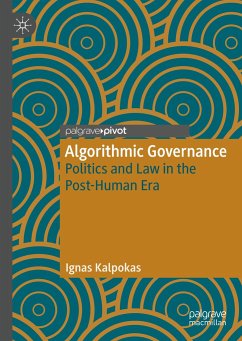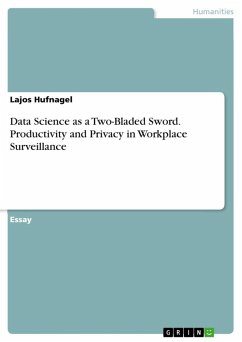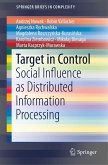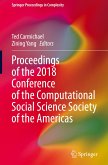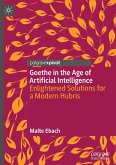This book analyses the changes to the regulation of everyday life that have taken place as a result of datafication, the ever-growing analytical, predictive, and structuring role of algorithms, and the prominence of the platform economy. This new form of regulation - algorithmic governance - ranges from nudging individuals towards predefined outcomes to outright structuration of behaviour through digital architecture. The author reveals the strength and pervasiveness of algorithmic politics through a comparison with the main traditional form of regulation: law. These changes are subsequently demonstrated to reflect a broader shift away from anthropocentric accounts of the world. In doing so, the book adopts a posthumanist framework which focuses on deep embeddedness and interactions between humans, the natural environment, technology, and code.
Bitte wählen Sie Ihr Anliegen aus.
Rechnungen
Retourenschein anfordern
Bestellstatus
Storno

